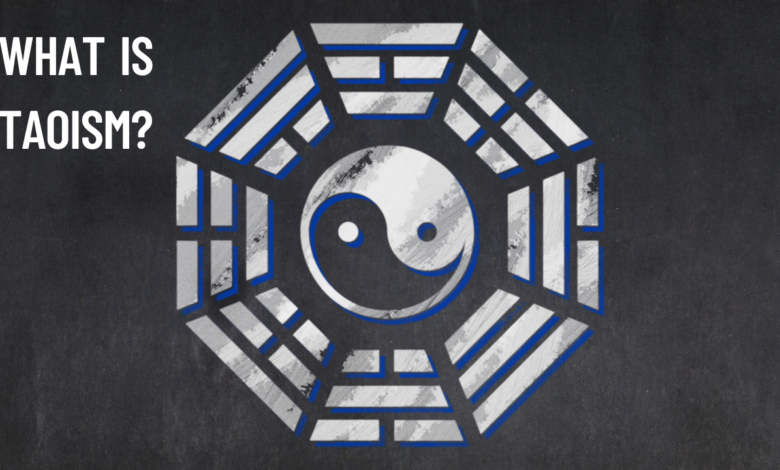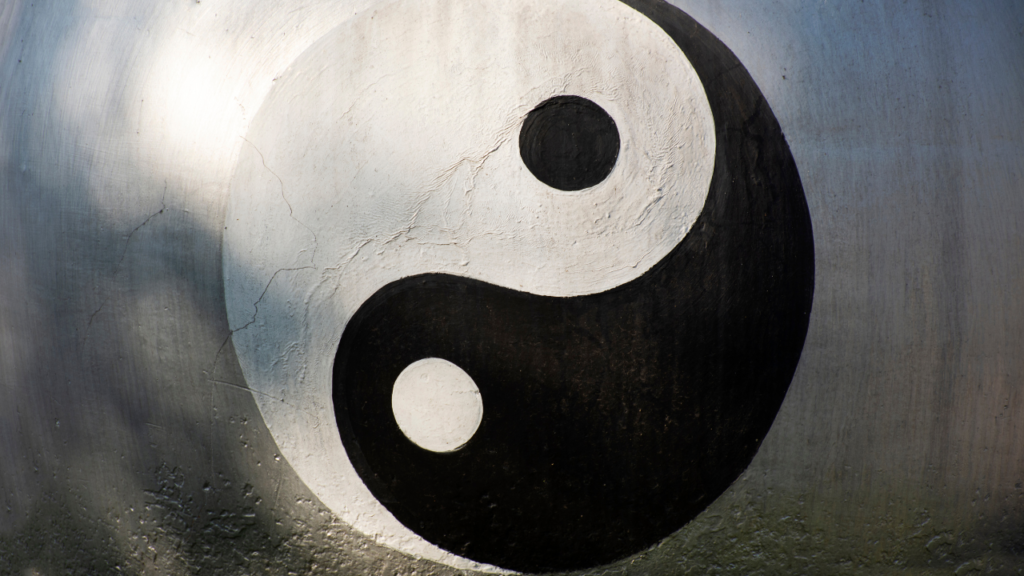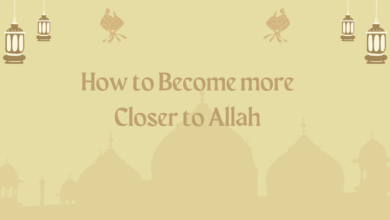
What is Taoism?
Taoism, also known as Daoism, is an ancient philosophical and spiritual tradition that originated in China. It centers around the concept of the Tao, which represents the fundamental, unifying principle of the universe.

Introduction
Taoism, also spelled Daoism, is a profound and ancient philosophical and spiritual tradition that originated in China over two thousand years ago. It is often considered one of the three main philosophical and religious traditions in China, alongside Confucianism and Buddhism. Taoism, however, stands out for its unique perspective on life, nature, and the human experience.
The Essence of Taoism
At the core of Taoism lies the concept of the Tao, often translated as “the Way” or “the Path.” The Tao is an abstract and elusive concept that represents the fundamental, unifying principle of the universe. It is the source of all existence, the wellspring of all things, and the ultimate reality that cannot be described or defined adequately through words or concepts. The Tao is both immanent and transcendent, encompassing both the physical and metaphysical aspects of existence.
Also check.
- What is the Holy Book of Sikhism?
- Who Founded Sikhism?
- When was Sikhism Founded?
- What is Shinto Religion?
- Which types of Relations are Haram in Islam?
The Tao Te Ching
The foundational text of Taoism is the Tao Te Ching, attributed to the sage Laozi (also spelled Lao Tzu). This ancient text, composed around the 6th century BCE, consists of 81 short chapters or verses that provide profound insights into the nature of the Tao and how to live in harmony with it. The Tao Te Ching emphasizes simplicity, spontaneity, and living in accordance with the natural order of the universe.
Key Concepts in Taoism
- Wu Wei: The principle of “wu wei” translates to “non-action” or “effortless action.” It suggests that instead of trying to control and manipulate the world, one should align with the Tao and allow things to unfold naturally. It is not about passivity but rather acting in a way that is in harmony with the Tao.
- Yin and Yang: Taoism incorporates the concept of yin and yang, which represents the dualistic nature of the universe. Yin symbolizes the feminine, passive, and receptive aspects, while yang represents the masculine, active, and assertive aspects. The interplay and balance between these forces are central to Taoist thought.
- Balance and Harmony: Taoism emphasizes the importance of achieving balance and harmony in all aspects of life. This includes the balance between work and rest, action and contemplation, and the harmony between individuals and their environment.
- Nature and Simplicity: Taoists believe that by observing and emulating nature, individuals can find guidance on how to live authentically and in accordance with the Tao. Simplicity is valued, and the Tao Te Ching encourages people to shed unnecessary desires and attachments.
- The Three Treasures: Taoism also promotes the cultivation of what are known as the Three Treasures: compassion, frugality, and humility. These qualities are seen as virtues that help individuals lead a meaningful and balanced life.
Taoism in Practice
Taoism is not a highly organized or institutionalized religion, and it lacks a central religious authority. It is a diverse tradition with various schools of thought and practices. While some Taoists engage in religious rituals and temple worship, others focus on philosophical contemplation and meditation. Practices may include tai chi, qigong, and various forms of meditation, all aimed at aligning the individual’s energy with the flow of the Tao.
Taoism’s Influence
Taoism has had a significant impact on Chinese culture and society. It has influenced art, literature, traditional Chinese medicine, and even martial arts. Its teachings have also found resonance in the West, where many people are drawn to its emphasis on simplicity, balance, and harmony with nature.
Conclusion
In conclusion, Taoism is a profound and ancient philosophical and spiritual tradition that offers a unique perspective on life and the universe. It centers around the concept of the Tao, a transcendent and unifying principle that guides individuals towards a life of balance, harmony, and authenticity. While it may not be as well-known as other Eastern traditions like Buddhism, Taoism continues to inspire those who seek a deeper understanding of the mysteries of existence and the path to living in accordance with the Way.

FAQs
What is Taoism?
Taoism, also known as Daoism, is an ancient philosophical and spiritual tradition that originated in China. It centers around the concept of the Tao, which represents the fundamental, unifying principle of the universe.
Who is Laozi, and what is his role in Taoism?
Laozi is traditionally credited as the author of the Tao Te Ching, the foundational text of Taoism. He is considered a sage and is often regarded as the founder of Taoism.
What is the Tao Te Ching?
The Tao Te Ching is a classic text in Taoism that consists of 81 short chapters or verses. It offers profound insights into the nature of the Tao and how individuals can live in harmony with it.
What is the Tao, and why is it so important in Taoism?
The Tao is an abstract and elusive concept that represents the ultimate reality and the source of all existence. It is central to Taoism as it guides individuals on how to live in alignment with the natural order of the universe.
What is “Wu Wei” in Taoism?
“Wu Wei” translates to “non-action” or “effortless action.” It is a key principle in Taoism that emphasizes acting in a way that is in harmony with the Tao and the natural flow of life.




